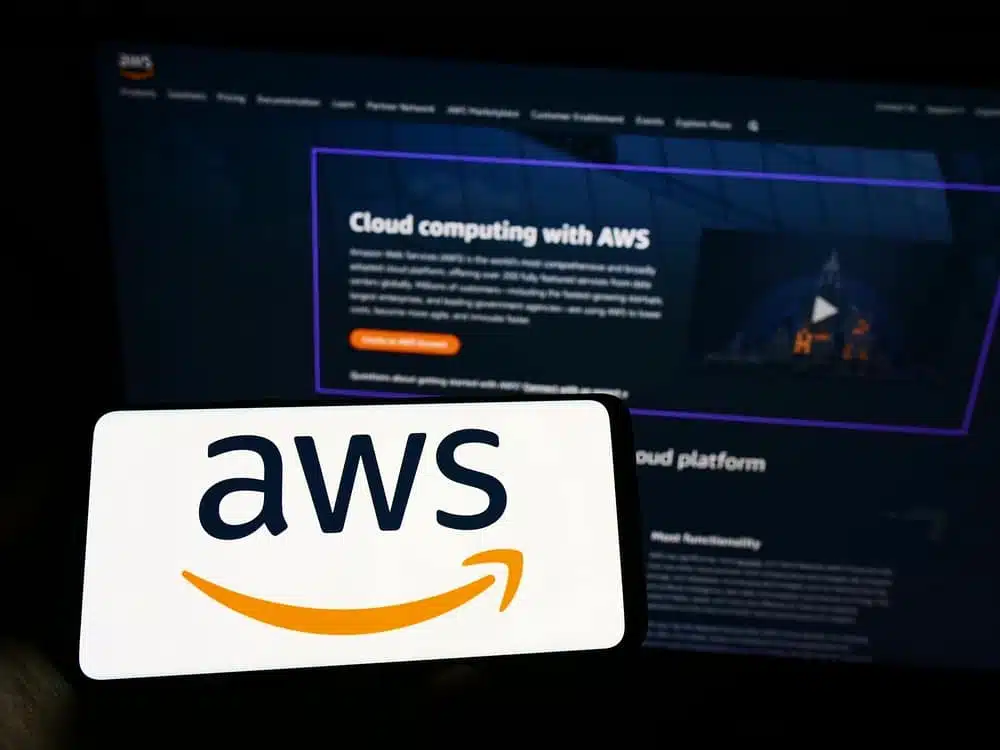
The experience economy – the new case for moving to the cloud
For years, technology experts have been urging businesses to move to the cloud. The question ‘Why move to the cloud?’ has been promptly met with a list of benefits that we have all cited for almost two decades.

I admit I’m as guilty as anyone for responding with the usual answers, which mainly fall into five areas: The cloud brings the ability to scale, it’s easier to deal with security standards, it offers cost savings by removing CapEx, infrastructure complexity is reduced, and IT resources better optimised.
Yet over the couple of years, I’ve found that when I ask myself ‘Why move to the cloud?’ I’m not as convinced about moving to the cloud as I used to be by my stock responses.
Don’t get me wrong, the reasons most people offer for moving to the cloud are valid and relevant, but I realised they focus on driving internal IT efficiencies. When in fact, the most compelling reason for moving to the cloud sits outside the running of your IT operation.
The cloud is the powerhouse behind creating truly exceptional and valuable experiences for employees and customers. And when these combine, we enter the world of the experience economy, and that’s where we can create the nirvana of experiences!
There are three compelling reasons why the cloud is central to creating this nirvana experience:
1. Customers are always on and always connected
People are always on and always connected. These people who are scrolling through smartphones and in front of their laptops, are your customers — and no industry is immune to this new reality.
While a bank may close at 4.30pm, customers are still transferring money or checking their balance at 11pm. A clothes store might close over a weekend, but people are still buying jeans sitting in front of the TV on a Saturday.
Customer and citizen expectations for always-on services have never been higher. Pandemic restrictions kept us in our homes, but they led even more people to open the door to a digital world. Even those people who were reluctant to use online services, like ordering groceries online, were forced into a world where these were often the only options.
The rules of customer experiences have been reset. It’s no longer acceptable for organisations to rely on a physical store or offer restrictive times to contact customer services. Your customers are always connected. If your company is not, they'll engage with another brand who is.
This is why clouds are so important. With hyper-connected customers moving effortlessly between channels and devices, using the cloud becomes more compelling than ever to power the high levels of interaction and real-time data view that is critical to delivering truly unified customer experiences.
2. Customer expectations are now real-time
It’s not only your organisation that wants access to real-time data. Customers expect to have access to the data they need, and want, in real time — and this extends the democratisation of data outside of your organisation
Customers are always connected and expect the brands and companies they interact with to have adopted a similar real-time data mindset.
Companies like Uber, Netflix, Google and Amazon are demonstrating the power of real-time data, whether that’s streaming a film or watching the progress of a taxi on its way to pick you up.
These flagship brands have done such a good job that they have taken ownership of our everyday experiences. “Let’s Google it” or “Get an Uber” have become phrases for searching online and ordering a car, respectively.
The disruptive experiences these brands are delivering have altered customer expectations across every company engagement. Why aren’t they alerted if a possible fraudulent payment is attempted on their account? Why can’t they see where their food delivery is? Is the train they are waiting for at the station or delayed?
With real-time expectations like these, companies must deliver flawless customer experiences. And the cloud ensures the huge volume of data needed, held across many touchpoints and systems, can be accessed, brought together and, most importantly, understood, and shared — all in real-time.
3. Employees are customers too
I’m a believer that your customer experience will only ever be as good as your employee experience. If employees are demotivated and don’t have the tools they need to work effectively, your customer experience will suffer.
In contrast, if you create an environment that motivates and allows employees to thrive, underpinned with the technology that enables them to perform, the knock-on effect on the customer experience can be transformational.
The cloud enables you to put the right data into the hands of the employees who can influence the customer experience. Those who can provide real-time updates on an order, track a delivery, or check a financial transaction, for example.
Consequently, employees are empowered to carry out their role effectively and efficiently, thereby increasing job satisfaction and optimising the brand engagement experience for the customers.
Winning in the experience economy
When we talk about the benefits of moving to the cloud, too often we cite IT-focused benefits that look to the internal operations of a business.
While these IT benefits make a strong case for moving to the cloud, the greatest benefit is being overlooked — the role of the cloud in creating the experience economy by unlocking its value for customers and employees.
Moving to the cloud isn’t only about making IT more efficient and effective. The cloud sits at the heart of winning customer trust, empowering employees, and delivering exceptional experience.






